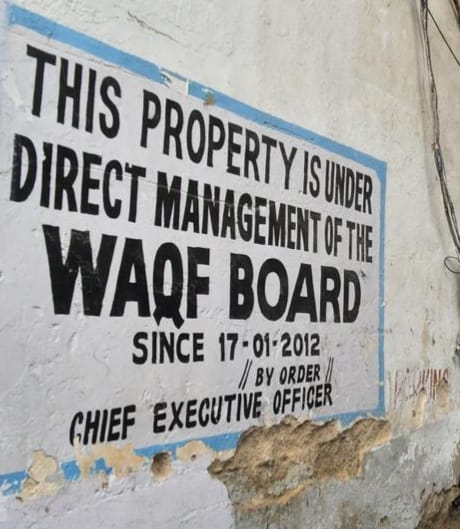New Delhi, Sep 8: The Joint Parliamentary Committee’s discussions on the Waqf (Amendment) Bill 2024 have become a platform for heated disputes, with various government bodies and Waqf boards clashing over property ownership, reports The Hindu. Accusations have flown from both sides, with government agencies claiming that Waqf boards have laid ownership over properties historically under their jurisdiction, while opposition members assert that numerous Waqf properties are under “unauthorized” government control.
Prominent among the opposition voices is Asaduddin Owaisi of the AIMIM, who presented a list of 172 Waqf properties in Delhi, allegedly in unauthorized possession of the Archaeological Survey of India (ASI). This came after the ASI claimed that over 120 of its protected monuments are being claimed by different Waqf boards, along with accusations of unauthorized constructions on these sites.
The conflict extends beyond the ASI, with the urban affairs and road transport ministries, as well as the Railway Board, backing the proposed amendments to the Waqf Act, alleging similar unauthorized claims by Waqf boards on properties under their control.
One of the key contentions revolves around the proposed removal of the “Waqf by user” norm, which currently allows Waqf boards to claim properties based on their historical use for religious practices. Critics of the Bill, including members of the Opposition, have fiercely opposed this change, along with the proposal to grant district collectors the authority to decide on disputed property ownership and the suggestion to nominate non-Muslims to Waqf boards.
As the committee continues its day-long meetings in an effort to meet its deadline before the Parliament’s Winter Session, the debate remains intense. With both sides firmly holding their ground, the Waqf (Amendment) Bill continues to be a battleground for conflicting claims over property ownership in India.




